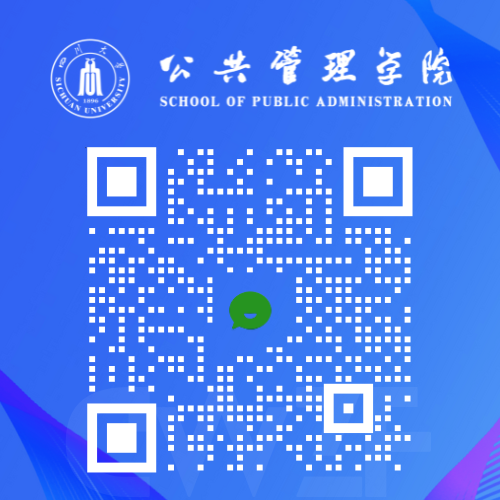摘 要:BackgroundStigmatisation directed towards LGBTQ + individuals poses a considerable threat to their psychological well-being. LGBTQ + college students frequently report exposure to perceived stress and microaggressions. Research indicates that self-regulation and proactive coping mechanisms can act as a protective buffer against the stigma and bias faced by sexual minorities. Consequently, this study investigated whether and to what extent proactive coping and perceived academic support moderate the relationship between perceived stress specific to LGBTQ + college students, their psychological well-being, and academic performance.MethodsThis study surveyed 359 Chinese LGBTQ + college students with an average age of 20.65 years old through snowball sampling and online recruitment. Structural equation modeling was used to test thehypotheses.ResultsEmploying structural equation modelling analysis, the study revealed that (a) proactive coping moderated the relationship between perceived stress and psychological well-being, and (b) perceived academic support moderated the relationship between perceived stress and academic performance.ConclusionThese findings suggest that Chinese colleges should implement adequate support and counselling services to enhance the proactive coping abilities of LGBTQ + students and create an academically supportive environment to alleviate the adverse effects of perceived stress on psychological well-being.
【本文第一作者为四川大学公共管理学院副教授,硕士生导师。】



